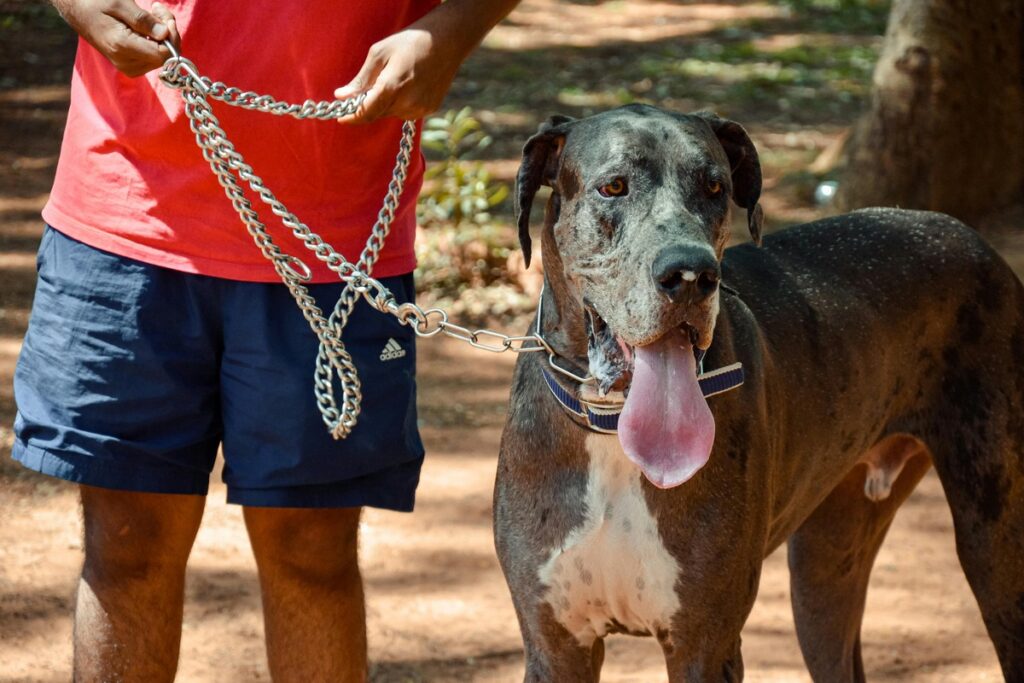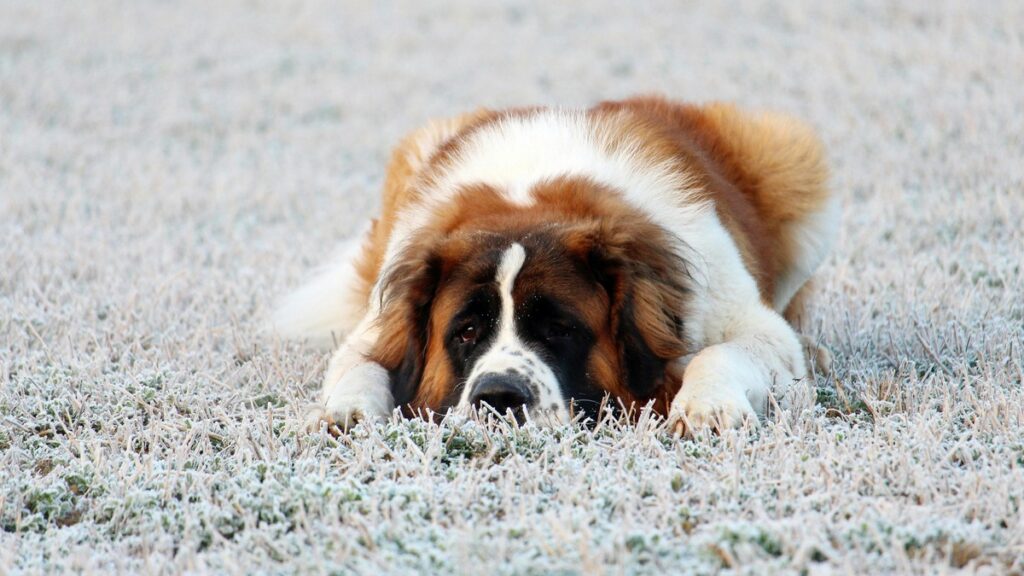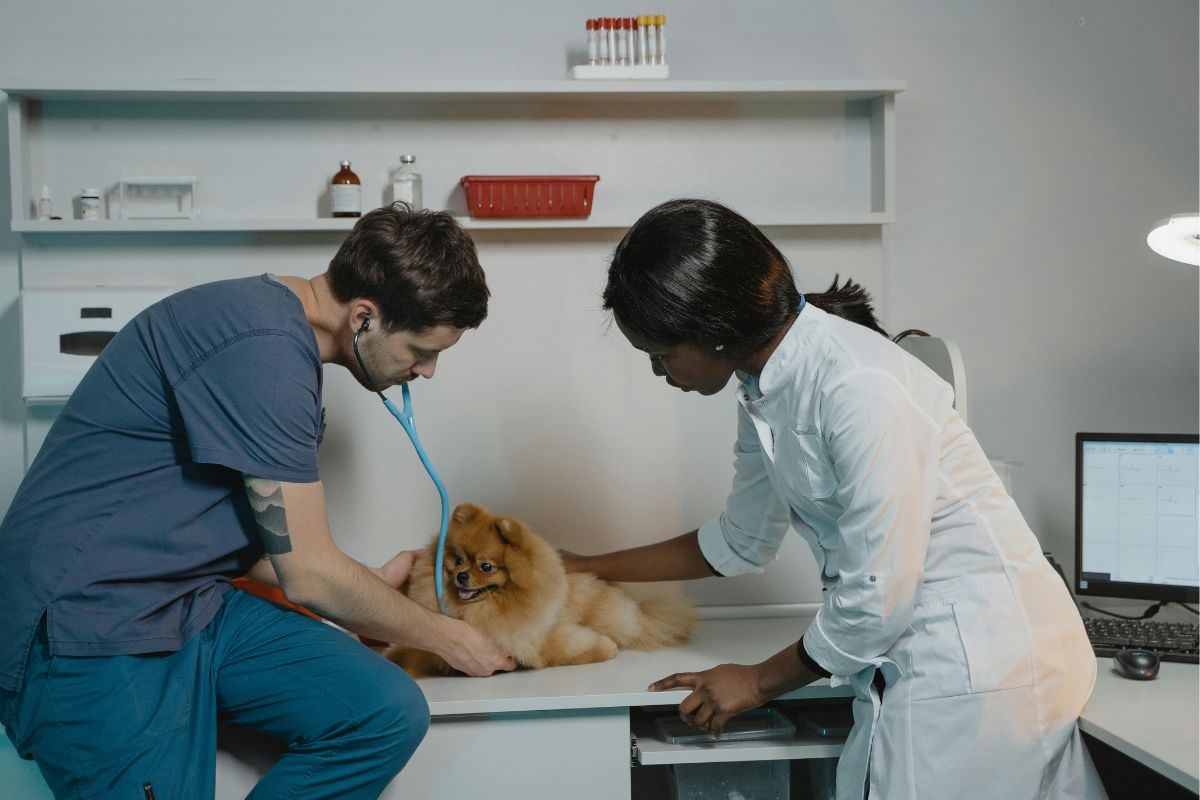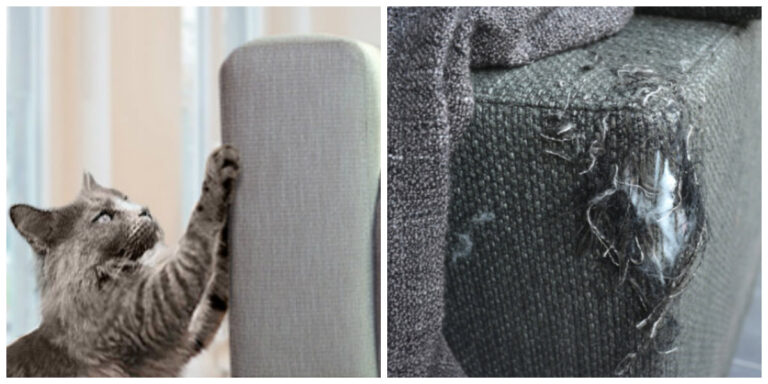10 Dog Breeds Veterinarians Fear
While veterinarians love all dogs, there are certain breeds that are considered higher-risk due to their health complications, temperament, or tendency to develop serious conditions. Some dog breeds require more frequent visits to the vet and need extra attention due to genetic predispositions and unique health needs. Here are 10 dog breeds veterinarians fear, not because they’re aggressive, but because of the high likelihood of developing health problems or suffering from chronic conditions.
As a dog owner, it’s essential to be aware of the potential risks associated with certain breeds, so you can take extra care and ensure your dog’s health needs are met. Let’s take a look at the breeds that often make veterinarians’ lists due to their predispositions to serious health issues.
1. Bulldog

The Bulldog is known for its charming, wrinkled face, but it is also infamous for respiratory problems caused by its short muzzle, which leads to brachycephalic syndrome. Bulldogs have difficulty breathing, especially in hot weather, and are prone to heatstroke. They also suffer from joint issues like hip dysplasia, as well as skin infections due to their wrinkles. Due to these factors, Bulldogs often require regular vet visits and special care in extreme weather conditions.
2. Dachshund

The adorable Dachshund may look small and sweet, but their long backs and short legs make them particularly prone to intervertebral disc disease (IVDD). This condition causes spinal disc herniation, leading to pain and potential paralysis. Since Dachshunds are highly active, particularly when they’re hunting or digging, the stress on their spine is significant, and many require frequent vet visits for monitoring.
3. Great Dane

Known for their impressive size, Great Danes often suffer from a variety of health issues related to their size, particularly gastric dilatation-volvulus (GDV), also known as bloat. This life-threatening condition occurs when the stomach fills with gas and twists, causing severe pain and shock. In addition to bloat, Great Danes are also at risk for heart issues, hip dysplasia, and cancer. Despite their gentle nature, the size and the medical risks associated with the breed make them a significant concern for veterinarians.
4. Saint Bernard

The Saint Bernard is another giant breed with a number of health risks due to its size. These dogs are prone to hip and elbow dysplasia, which causes joint pain and can lead to arthritis as they age. Additionally, Saint Bernards are known to suffer from heart disease, eye problems, and bloat. Their heavy coats also require significant grooming to prevent skin infections. Despite being gentle giants, these dogs often require specialized veterinary care to manage their numerous health issues.
5. Boxer

The Boxer is a high-energy, friendly breed, but it’s prone to a range of health problems, particularly heart conditions such as arrhythmias and dilated cardiomyopathy. These conditions can lead to heart failure, and early diagnosis is essential. Boxers are also at high risk for cancer, especially mast cell tumors and lymphoma. Their propensity for developing these serious conditions makes them a breed veterinarians must monitor closely throughout their lives.
6. Bulldog (English)

Not to be confused with the French Bulldog, the English Bulldog also suffers from numerous health issues related to their brachycephalic head structure, leading to difficulty breathing and brachycephalic obstructive airway syndrome (BOAS). Bulldogs are also prone to hip dysplasia, arthritis, and skin fold infections due to their distinctive wrinkled skin. Despite their lovable personalities, Bulldogs are often considered a high-maintenance breed by veterinarians.
7. Chihuahua

Though Chihuahuas are small in size, they can have big health issues. These dogs are prone to dental problems due to their small mouths, which often leads to tooth decay and gum disease. Chihuahuas are also at risk for patellar luxation, a condition where the kneecap moves out of place, causing pain and difficulty walking. In addition, Chihuahuas can develop heart disease, particularly mitral valve disease, as they age.
8. Cavalier King Charles Spaniel

The Cavalier King Charles Spaniel is a beloved breed known for its affectionate nature, but it suffers from heart disease, particularly mitral valve disease. This breed is also prone to syringomyelia, a condition where cavities or cysts form within the spinal cord near the brain, leading to severe pain and neurological symptoms. These health problems can severely affect the quality of life for a Cavalier King Charles Spaniel, making them a high-risk breed for veterinarians.
9. Shih Tzu

The Shih Tzu, a popular toy breed, is known for its long, luxurious coat and sweet personality, but it’s also prone to a range of health issues. These dogs are susceptible to respiratory problems due to their flat faces, as well as eye conditions such as cataracts and progressive retinal atrophy (PRA). Shih Tzus are also prone to hip dysplasia, kidney disease, and intervertebral disc disease. Their susceptibility to these conditions makes them a breed veterinarians closely monitor.
10. Pug

The Pug is another brachycephalic breed with a high risk for breathing problems and heatstroke. Like other dogs with flat faces, Pugs can suffer from brachycephalic airway syndrome. Pugs are also at risk for developing hip dysplasia, eye issues, and skin infections. These health problems, combined with their excessive snoring and difficulty in regulating their temperature, make the Pug a challenging breed for veterinarians to manage, especially as they age.
Things to Keep in Mind When Considering a Dog Breed

While these breeds come with a higher likelihood of health issues, it’s important to remember that every dog is an individual, and with proper care, attention, and regular veterinary visits, they can still live long, happy lives. However, potential dog owners should be aware of the additional responsibility these breeds bring, especially when it comes to the potential for expensive vet bills and frequent care. Ensuring that your dog gets the proper nutrition, exercise, and medical care can help mitigate some of these risks and improve their overall quality of life.







